It is essential for everyone’s health to get an adequate amount of sleep, but for people coping with Attention Deficit Hyperactivity Disorder (ADHD), it can be a particularly difficult objective to achieve. ADD and ADHD frequently come hand in hand with a constant onslaught of thoughts, impulses, and hyperactivity, which can make slowing down a difficult chore. This continuous mental and physical activity frequently results in trouble falling asleep and staying asleep, which in turn leads to exhaustion and a decrease in quality of life.
In this article, we will go deeper into specific tactics meant to address the unique issues of sleep that individuals with ADHD confront, with the goal of empowering these individuals to obtain the restorative sleep they require.
In This Article
ToggleUnderstanding the “ADHD and Sleep” Challenge
Because the brain of someone with ADHD runs on a different cadence, it is challenging for them to make the shift from being awake to being asleep. Bedtime can be a struggle for someone who has a restless disposition, impulsive tendencies, and racing thoughts that won’t slow down. In addition, those who have ADHD frequently have problems with delayed melatonin production. Melatonin is the hormone that is important for regulating sleep cycles.
As a consequence of this, a holistic strategy is necessary in order to build routines and cultivate an environment that are compatible with the particular requirements of a brain affected by ADHD.
Maintain Sleep Schedule
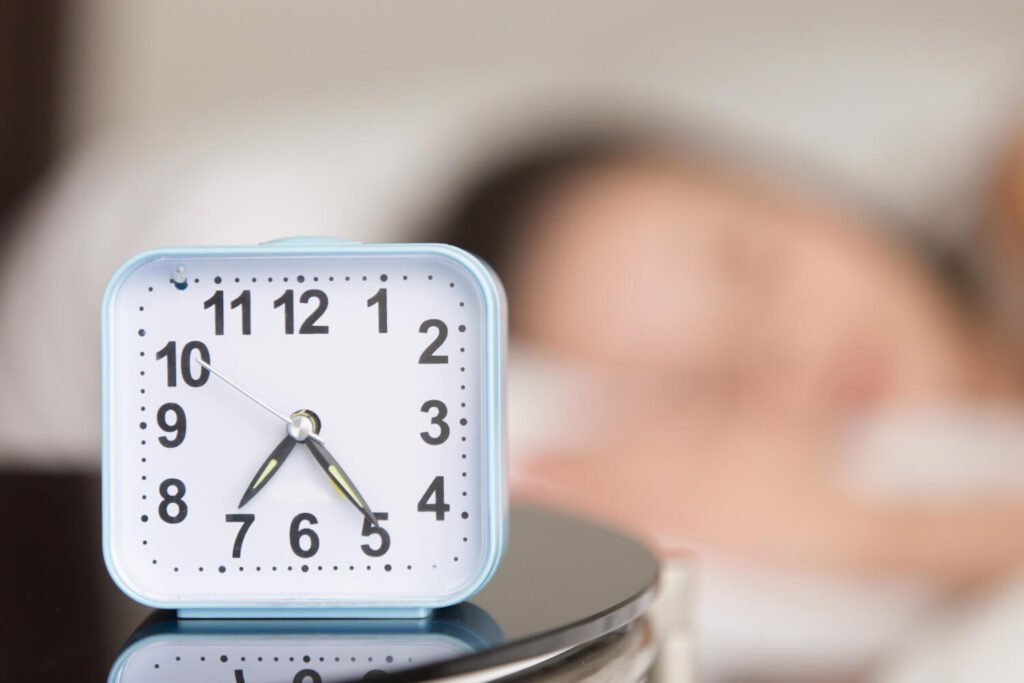
Individuals who have ADHD should place a significant emphasis on developing and adhering to a regular sleep routine. An internal biological rhythm can be created by maintaining a consistent bedtime and getting up time on a regular basis, especially on the weekends. This regularity helps to regulate the body’s internal clock, which makes it much simpler to get to sleep and much easier to feel refreshed upon waking up. Individuals who are coping with the difficulties of ADHD can benefit from a more restful and revitalizing night’s sleep thanks to the stability that is created in their sleep patterns as a result of this planned regimen.
Creating an Ideal Sleep Space and Routine
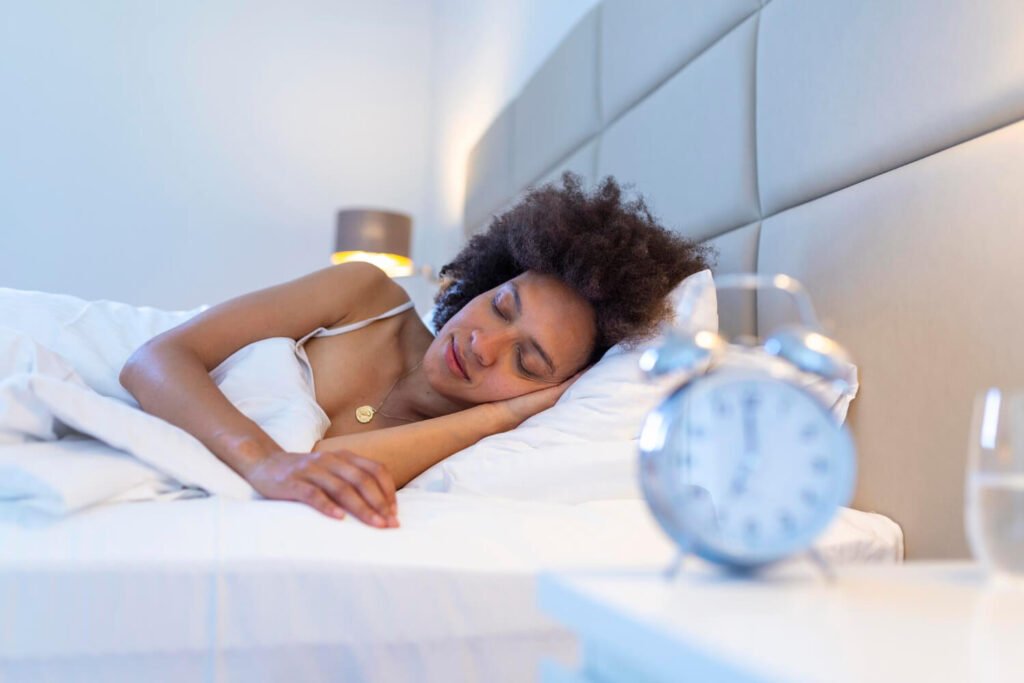
Creating a Relaxing Bedtime Routine and a Comfortable Sleep Environment is important
It is vital, in order to have quiet evenings, to develop a soothing routine to follow before going to bed as well as to optimize the environment in which one sleeps. The act of engaging in relaxing activities such as reading a book that is calming, having a warm bath, or performing deep breathing exercises sends a message to the brain that it is time to wind down and relax.
In addition, the purchase of a comfortable mattress and pillows, regulation of the temperature in the room, and reduction of the amount of noise and light in the space can considerably improve the quality of one’s sleep. It is much simpler to get to sleep while using a weighted blanket, which is because of the reassuring feeling of additional security it offers. Weighted blankets are valued for the soothing pressure they produce. These behaviors, when combined, produce an ideal sleeping environment that is conducive to the kind of deep and rejuvenating sleep that is necessary for optimal health.
Reduce your screen time before bed
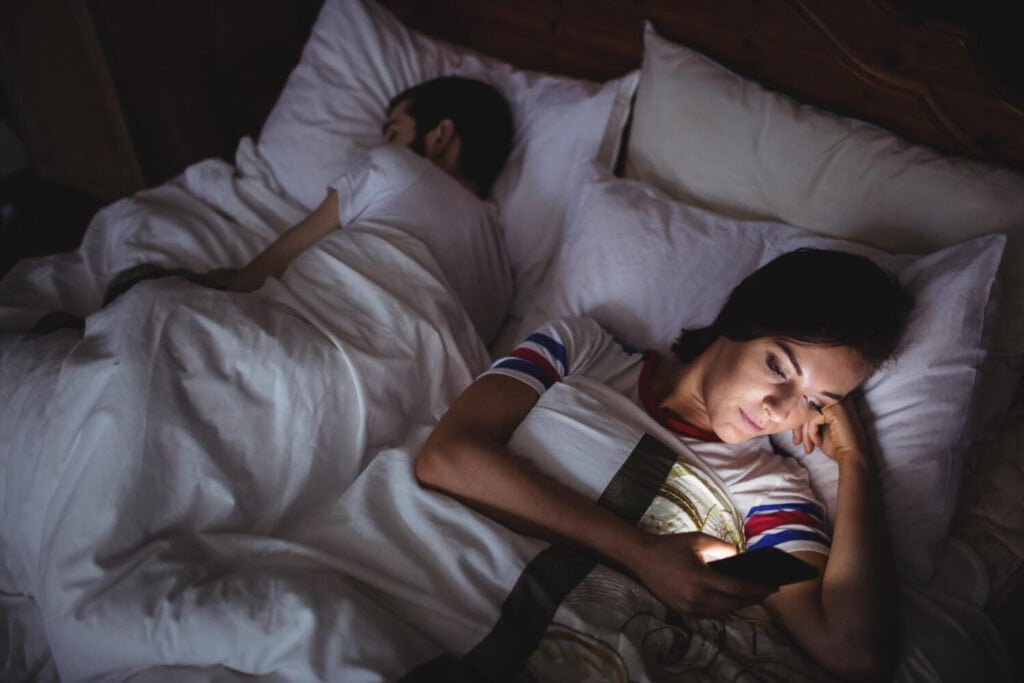
The quality of sleep can be considerably improved by reducing the amount of time spent in front of electronic screens in the hours before going to bed, particularly for people who have ADHD. Blue light, which is emitted by screens, interferes with the generation of melatonin, which is a crucial hormone for regulating sleep and waking cycles.
In order to reduce the severity of this disturbance, it is recommended that electronic devices such as cellphones, tablets, and computers be put away at least one hour before going to bed. Instead, indulging in pre-sleep activities that do not involve screens, such as reading a physical book, practicing relaxation techniques, or having a warm bath, might help create a soothing environment that is more conducive to falling asleep. People can improve their sleep patterns and create a more peaceful and rejuvenating atmosphere for sleep by reducing the amount of time they spend in front of electronic screens. This is especially helpful for people who struggle to sleep due to ADHD-related issues.
Exercise Regularly

Regular exercise is one of the best ways to decrease stress and burn off excess energy. People who have ADHD can benefit from engaging in regular physical activity, ideally earlier in the day, as this helps them release pent-up energy and fosters a sense of calm. Particularly useful in soothing both the mind and the body are physical pursuits like jogging, swimming, or practicing yoga.
Mindfulness and Relaxation Techniques

ADHD patients often have racing thoughts and restlessness, which can make it hard to relax and sleep. Mindfulness and relaxation activities help manage these issues and improve sleep.
- Meditation: Meditation focuses and eliminates distractions. Meditation helps ADHDers calm rushing thoughts. It teaches mindfulness, reducing anxiety and calming people. Meditation helps produce a relaxing sleep environment.
- Progressive Muscle Relaxation: This technique systematically tenses and relaxes muscle groups. By doing so, bodily tension is alleviated, helping the mind relax. This relaxation approach relaxes the body and mind, making sleep easy.
- Guided Imagery: Visualize peaceful scenes. By visualizing these pleasant images, people can escape their daily stress. Guided visualization helps the mind relax and fall asleep by removing worries and fears.
ADHD restlessness and racing thoughts can be greatly reduced by practicing mindfulness and relaxation practices. Quieting the mind and establishing mental calm helps people fall asleep more quickly, improving sleep quality.
Cognitive Behavioral Therapy for Insomnia (CBT-I)

For ADHDers with sleep disorders, Cognitive Behavioral Therapy for Insomnia (CBT-I) is focused and evidence-based. This systematic therapy addresses cognitive and behavioral reasons of insomnia. Therapist-led sessions assist ADHD-related insomniacs identify disruptive thoughts and patterns.
Health education, consistent sleep regimens, cognitive therapy to challenge negative attitudes, relaxation techniques for mental calm, and sleep environment optimization are all part of CBT-I. CBT-I helps people slip into sleep by calming racing thoughts and anxiety and promoting relaxation.
CBT-I has long-term advantages. It gives people sustainable sleep skills to increase daytime functioning, reduce tiredness, and improve quality of life. Personalized CBT-I strategies help people recover control over their sleep patterns, improving their sleep and well-being.
Consult a Healthcare Professional

When symptoms of ADHD interfere with one’s ability to get a good night’s sleep, seeking expert help is absolutely necessary. In-depth evaluations are performed by medical professionals, who then create treatment plans and, if necessary, various medications. These interventions aim to target disruptive thought patterns as well as neurotransmitter imbalances, with the end goal of promoting peaceful sleep. Ongoing monitoring offers tailored care and guides individuals toward greater sleep quality and enhanced overall well-being.
Key Takeaways
- Maintaining a Consistent Schedule It is important to have a consistent schedule that includes set times for going to bed and waking up.
- Developing a Calming Bedtime ritual Before going to bed, establish a relaxing ritual for yourself, such as reading or practicing deep breathing.
- Reduce the amount of time spent in front of electronic screens, particularly in the hours leading up to bedtime, in order to stimulate more melatonin production.
- Invest in a supportive mattress, keep the temperature in the room at a comfortable level, and reduce the amount of background noise to get the best possible quality of sleep.
- Participating in regular physical activity, such as jogging or yoga, can help alleviate restlessness and make it easier to go asleep and stay asleep.
- Mindfulness Practices: Before going to bed, try meditating or practicing other forms of relaxation to help quiet your mind.
- CBT-I is a structured kind of cognitive behavioral therapy that can help address disruptive thoughts and behaviors that may be keeping you awake at night.
- Seek Professional Assistance: If you continue to have trouble sleeping, it is best to seek the assistance of healthcare professionals who can provide individualized therapies.
Pic Credit for this article: Freepik
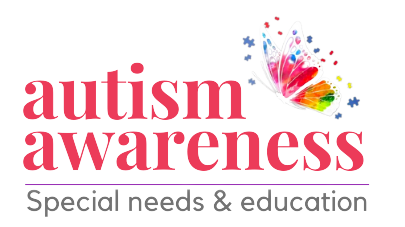
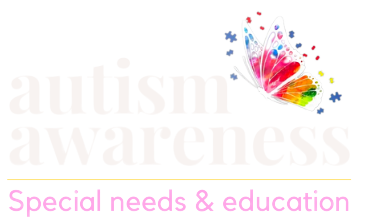

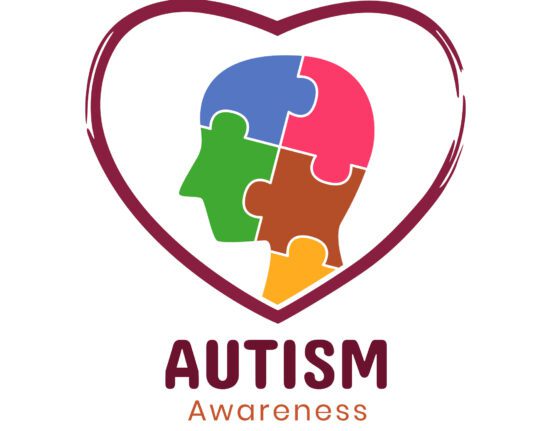



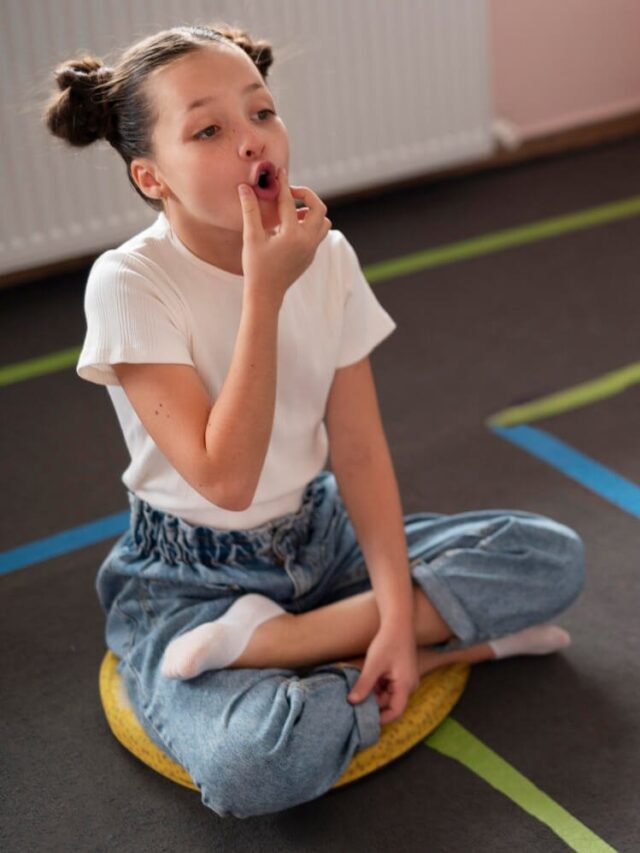

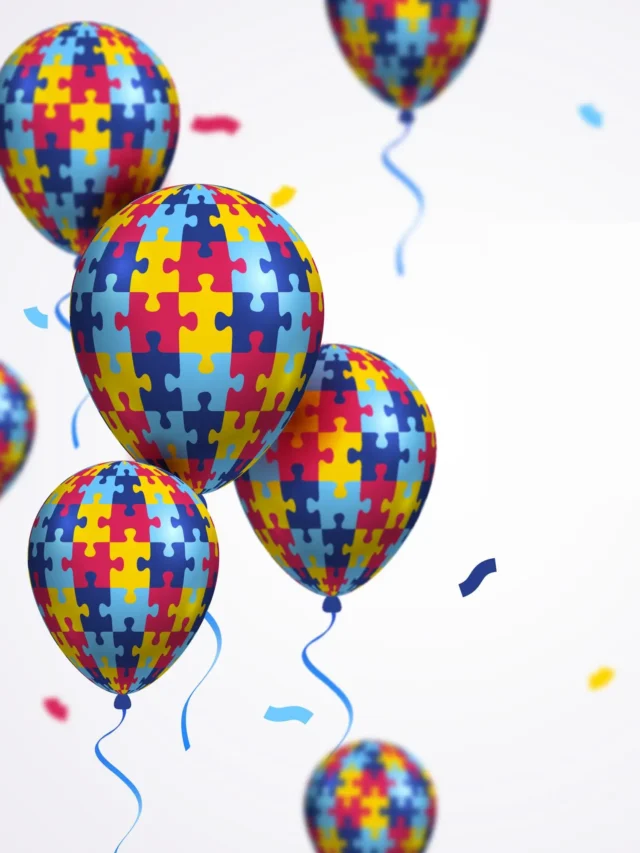

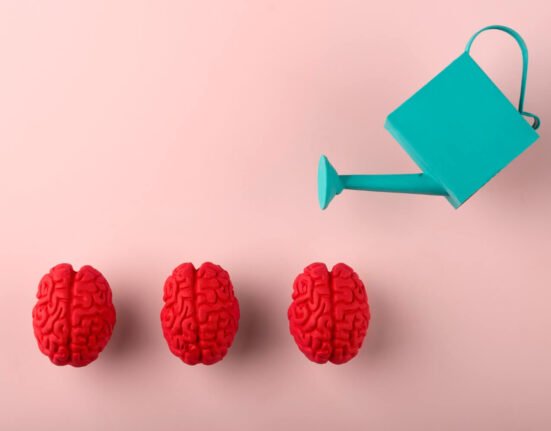




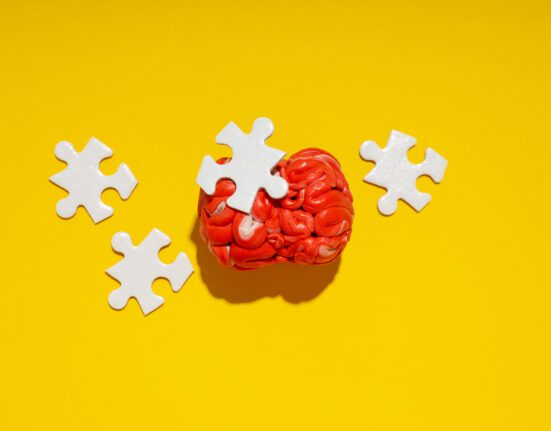
Leave feedback about this